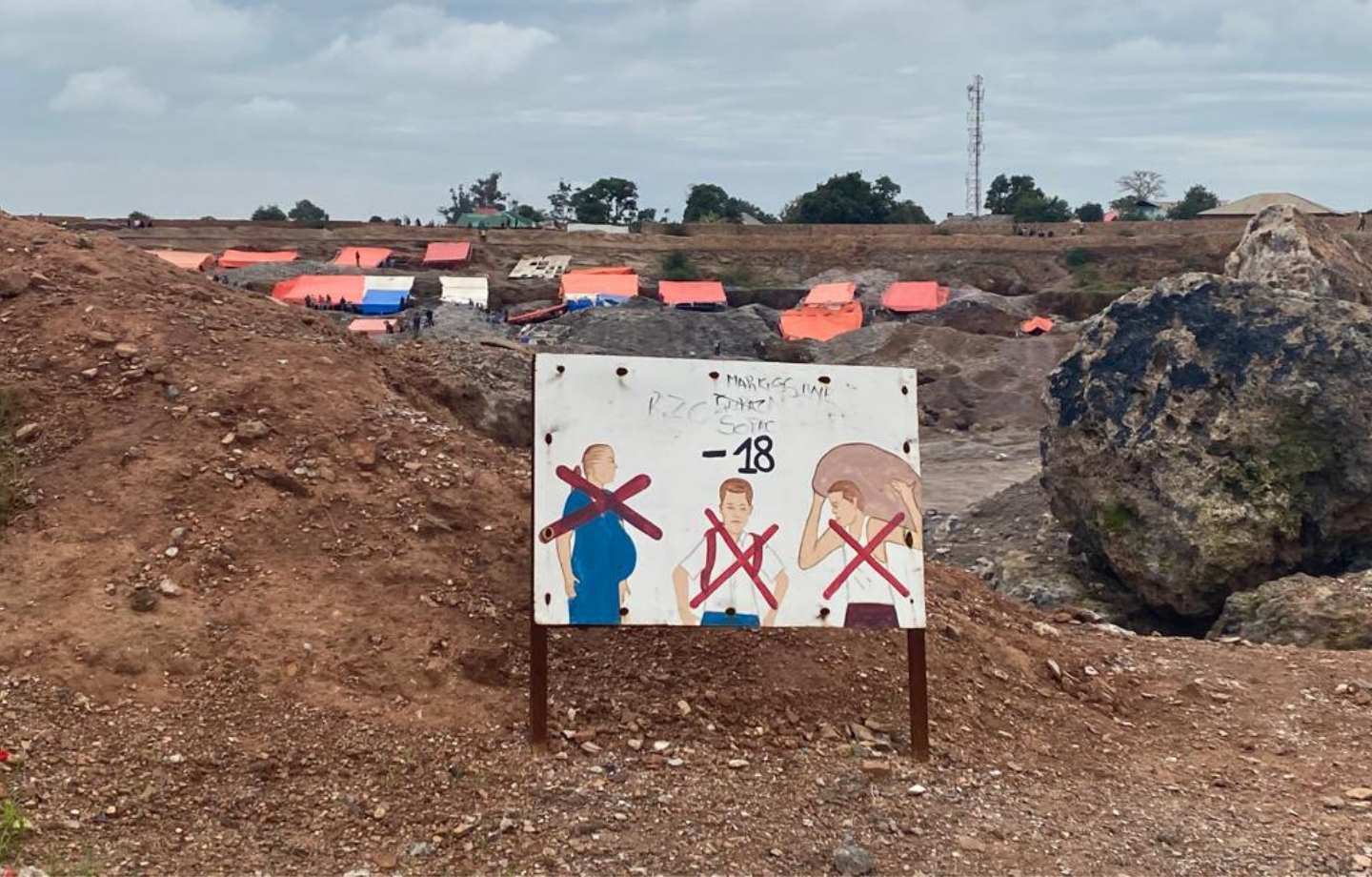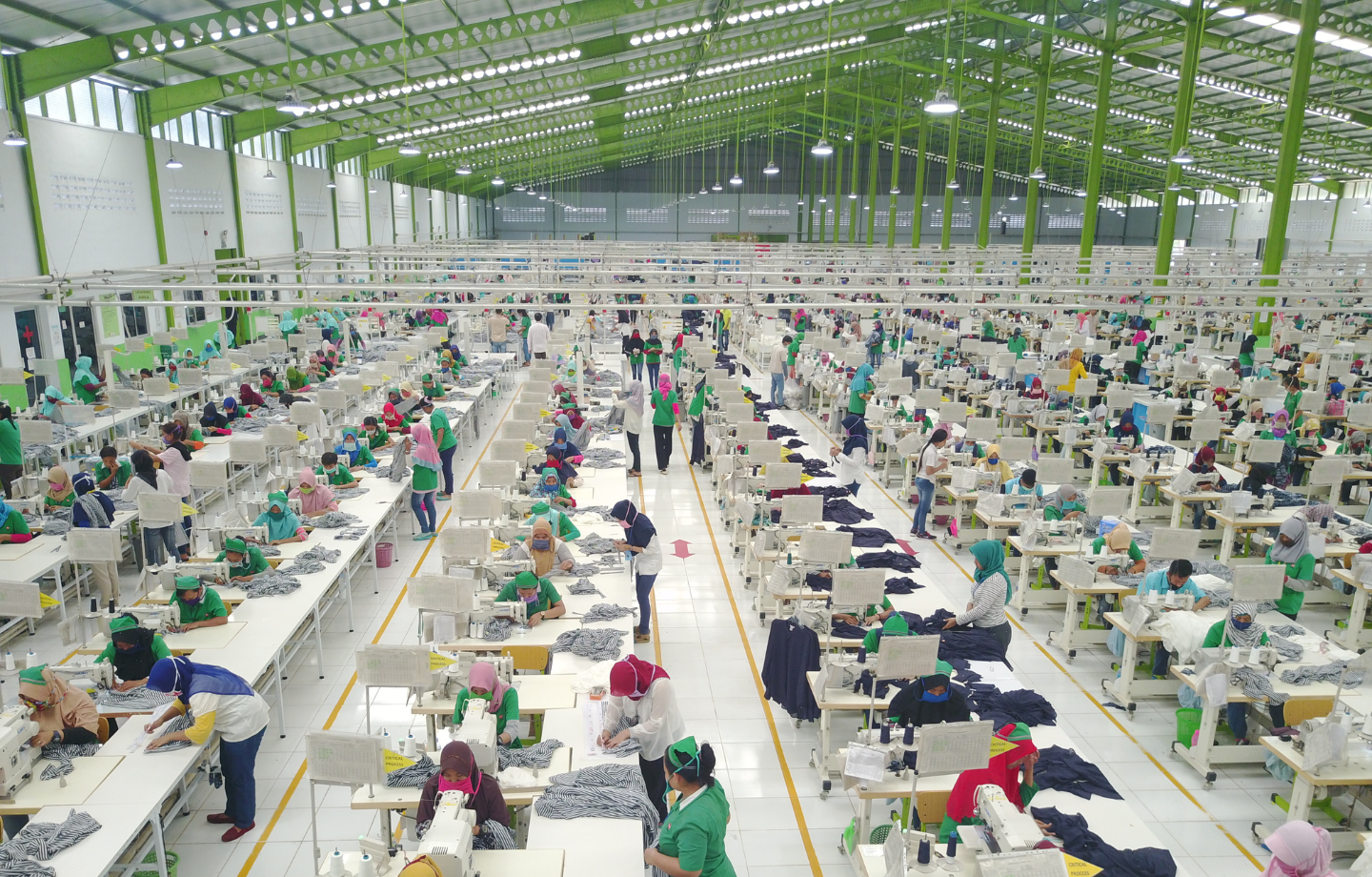Slow Progress: Business and Human Rights Developments in the EU

April 3, 2024
On April 24, the European Parliament will vote on the final text for the Corporate Sustainability Due Diligence Directive (CSDDD)—a potential landmark directive that would require companies to undertake mandatory due diligence related to the effects their activities could have on human rights and the environment.
Despite certain compromises made to obtain needed political backing, the CSDDD represents a milestone for corporate accountability. Companies based in the EU and non-EU companies operating there will be required to conduct human rights due diligence, and failure to do so could result in significant penalties, including fines of up to 5% of worldwide revenue.
The upcoming vote does not, however, represent the end of the legislative process. The EU vote concerns approval of the final English-language version of the law. The text will then need to be approved by the European Parliament and then the European Council in all languages. Finally, EU member states will need to transpose the directive into their own national laws.
CSDDD is not the only legal development related to business and human rights in the EU. On March 13, EU legislators agreed on the final text for the proposed EU Forced Labor Regulation (EUFLR). The text is expected to be submitted to the European Parliament for official adoption on the week of April 22. EUFLR would ban products made with forced labor from being sold in, and exported from, the European Union.
Bans of this nature are already in place in Canada, Mexico and the US. Unlike increasingly popular mandatory human rights laws like CSDDD that require companies to manage their human rights and environmental impacts using due diligence, import bans focus on the result of the human rights violation: the products made with forced labor. Forced labor is particularly difficult to detect using traditional due diligence methods.
The EUFLR gives national authorities or the EU Commission the right to investigate suspected uses of forced labor in companies’ supply chains. If the investigation concludes that forced labor has been used, the relevant authority can require goods to be withdrawn from the EU market, including online marketplaces, and confiscated at borders.
The EU law is broader in scope than the US Uygur Forced Labor Prevention Act, which, as the name suggests, is limited to products produced in Xinjiang. However, unlike the American act, the EUFLR places the burden of proof on the competent authority.
It is heartening to see the EU considering the question of corporate human rights accountability and seeking to take steps to address it.
 Global Labor
Global Labor


